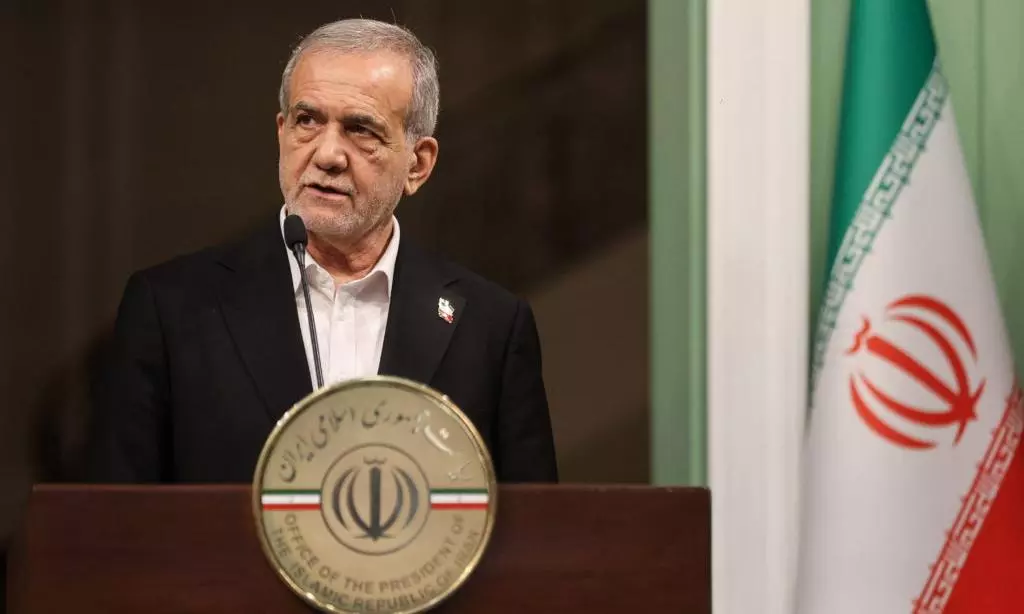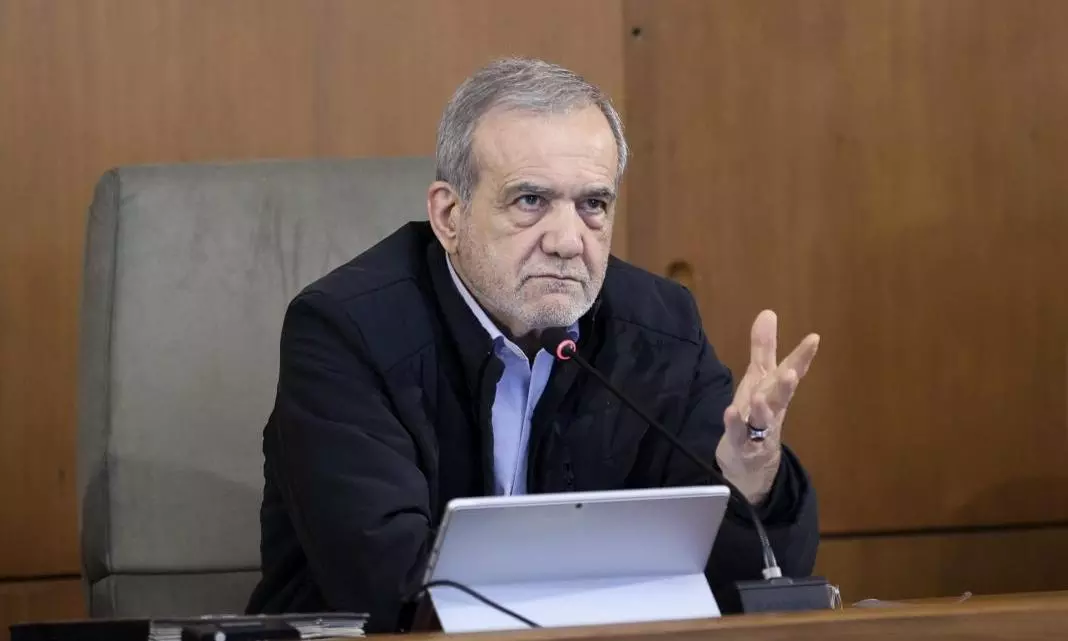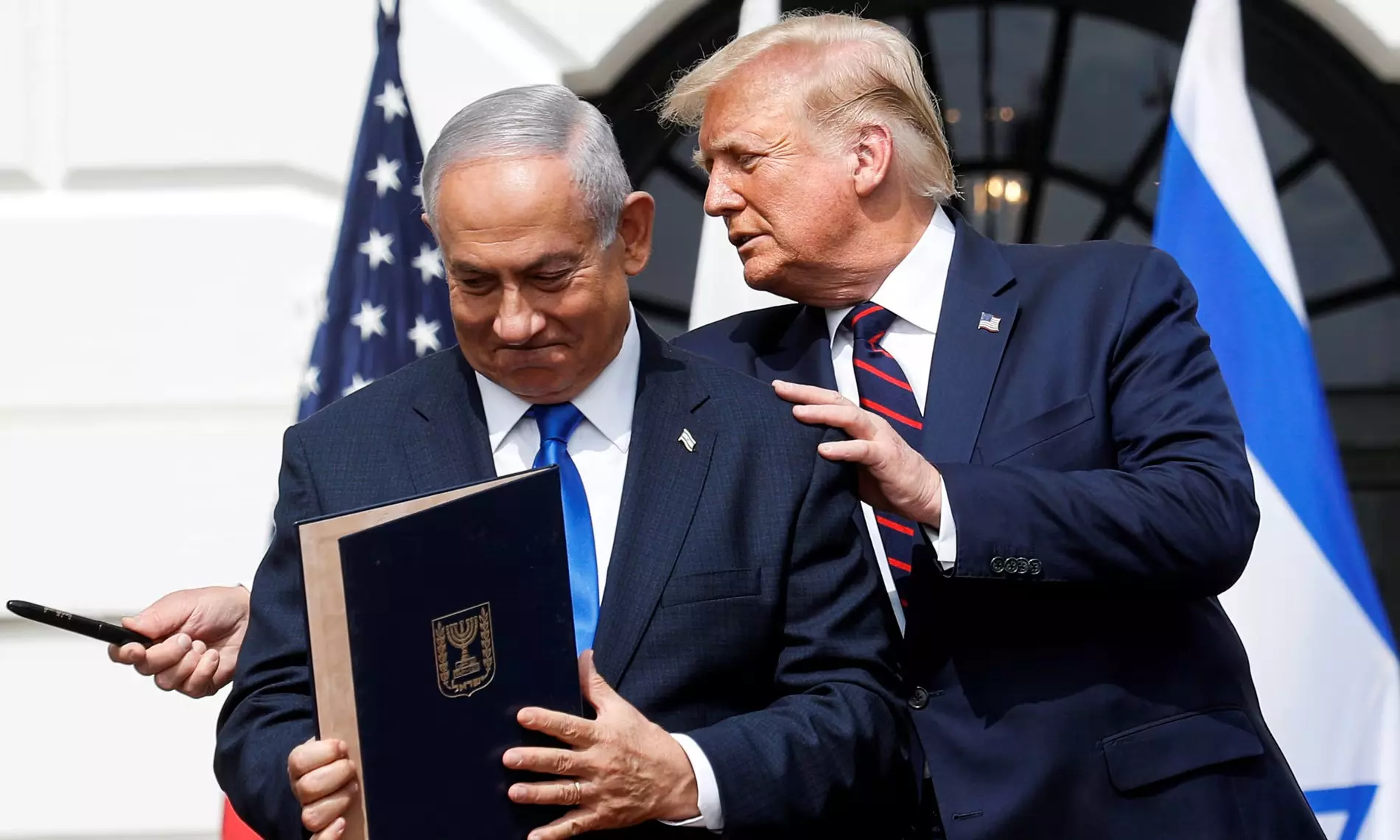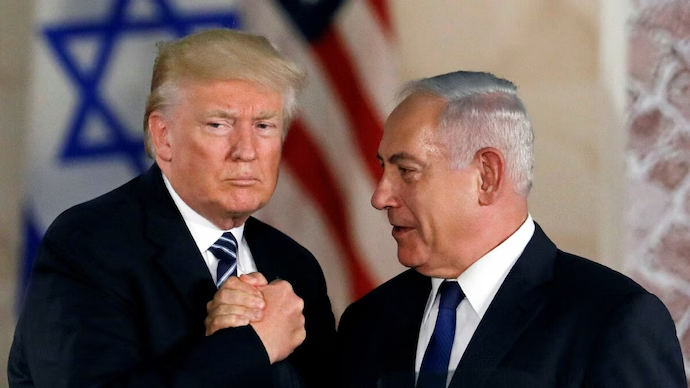
Will Iran nuclear talks succeed?
text_fieldsIran and the United States are expected to engage in high-level nuclear-related discussions in Oman today. At the same time, U.S. President Donald Trump has warned that if the talks fail, Iran should prepare for consequences. On its part, , Iran has responded by cautioning that if external threats escalate into a war-like situation, it may resort to actions including expelling nuclear plant inspectors - pronouncements that cast a shadow over the negotiations. The nuclear agreement signed during Obama's presidency in 2015 was unilaterally withdrawn by Trump in 2018. However, it is now Trump himself who has expressed willingness to re-engage in discussions. The US move is undoubtedly aimed at preventing Iran from becoming a nuclear-armed state. Notably, Iran's reaction to Trump's approach has not been entirely negative.
However, Iran has emphasised that the discussions in Oman are not direct negotiations between the two nations but are mediated by Oman's foreign minister. Iranian Foreign Minister Seyyed Abbas Araghchi has reiterated that any talks must be conducted on equal terms. Following the recent elections that brought President Masoud Pezeshkianto power in Iran, there has also been a slight shift in Iran's postures. At the same time, in an article Araghchi wrote in the Washington Post on Tuesday, Araghchi has asserted that the ball is in America's court.
Both Iran and the United States currently have apparently moved in favour of talks towards reaching an agreement. As for the US resolving the conflict with Iran is crucial in its pursuit of establishing diplomatic relations between Saudi Arabia and Israel, keeping apart the Palestinian issue. Improved economic relations of the US with Gulf nations also depend on this resolution. Additionally, the U.S. fears that if Iran continues to enhance its nuclear capabilities, the uranium enrichment level, currently estimated at 60%, could increase further. However, for the U.S., Iran is not merely a bilateral issue. The primary stakeholder behind this is Israel, which harbours the greatest fear and concern about a Muslim nation in the region possessing nuclear capabilities. And it is to engage Iran in defensive mode consistently that Israel keeps targeting Iran with some form of military attacks, including bombings of its nuclear production facilities on several occasions.
Amid the ongoing war with Hamas, Israel is showing prudence by attempting to weaken Iran through diplomatic discussions. This comes in the backdrop of global criticism of its attacks on Palestine and the direct failure of its military objectives against Hamas. Israel is leveraging its trusted ally, the U.S., to manoeuvre strategically. This falls in line with the US objectives in the region too. But Israeli Prime Minister Netanyahu is reportedly exploring whether Iran could be subdued with an outcome that happened to Libya. In 2003, sanctions imposed on Libya over its nuclear programmes were lifted, in a deal, but that led to the ousting of Colonel Muammar Gaddafi with U.S. assistance, plunging the nation into destruction and anarchy. Netanyahu openly referred to this as his wish during his visit to the White House on Monday. Iran may also be seeing benefits to derive through the Oman talks. The sanctions imposed on Iran have inflicted significant burden on its economy, and the impact is evident among its citizens. The resilience once displayed by the people in the face of patriotic circumstances or security threats is now diminishing. In fact popular protests against the regime do often gain public attention too. It may also be recalled that it ws President Trump who wrote a letter to Iran's Supreme Leader Ali Khamenei, urging a resolution within two months. This has opened the door for favourable responses from Iran. Teheran may also be hoping that if an interregnum with sanctions lifted is achieved, it could use it to focus on internal matters and secure a more respectable ed position among global nations.
However, the prospects of lasting peace depends on how willing the United States is to accept Iran as a peaceful nation within the framework of nuclear agreements that includes Israel. Iran has clarified that nuclear weapons are not on its agenda, but if pushed back to the wall, it may be forced to change its stance - a statement which also indicates that its change of policy will be transparent. Taking Iran to that situation will cast a dark not only on West Asia but the entire world. And the parties that should recognise this fact are primarily the US and Israel.
















